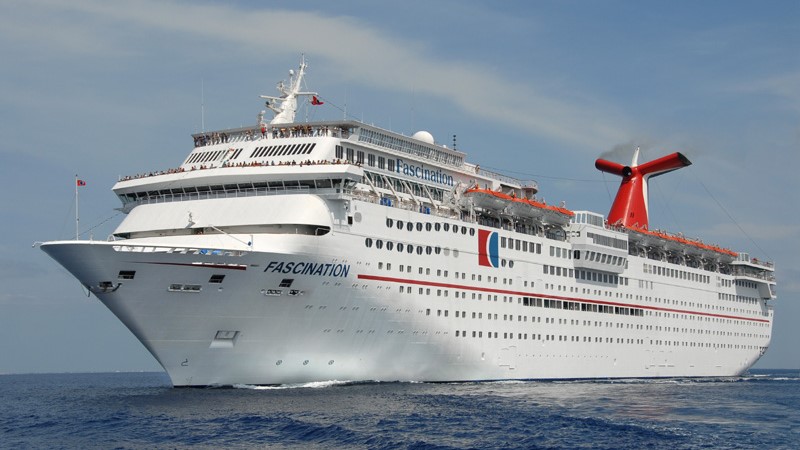In face of the COVID-19 global pandemic Carnival Corporation – the company behind Carnival Cruise Line, Princess Cruises, Holland America Line, Seabourn, P&O Cruises (Australia), Costa Cruises, AIDA Cruises, P&O Cruises (UK) and Cunard – had to pause its cruise operations in mid-March. In response to this unprecedented situation, the company acted to ensure the health and safety of guests and shipboard team members, optimize the pause in guest operations and maximize its liquidity position.

In order to maximize liquidity, the Carnival Corporation previously announced plans to remove nine ships from its fleet in the next 90 days. The plans for the disposal of these ships are in addition to the sale of four ships, which were announced before 2020. Among the removed ships are Oceana (P&O Cruises), Costa Victoria (Costa Cruises), Holland America Line´s Amsterdam and Rotterdam (bought by Fred Olson Cruise Lines) and Maasdam and Veendam. Carnival Fantasy and Carnival Inspiration have also been sold. Fantasy already arrived in Turkey to be scrapped.
According to a Form 8-K filed with the U.S. Securities and Exchange Commission, Carnival Corporation has decided to remove a further two ships from its fleet. These decisions are intended to align the fleet with the expected phased restart of guest cruise operations while also generating cost savings.
Last week, on July 23, 2020, senior management of the Carnival Corporation evaluated these two ships for impairment and concluded their carrying values are no longer recoverable when compared to their estimated remaining future cash flows.
Also read: Carnival sells ships and puts others on long term lay-up
Consequently, and in combination with other ships and notes receivables with recoverability impacted by the current environment, the company expects to record non-cash impairment charges during the third quarter of 2020. Although the actual amount of the charges has not yet been finalized, Carnival expects the aggregate impairment charge to be in the range of $600 million to $650 million. The company says they do not expect these impairments to result in any material future cash expenditures. Carnival ended by saying they plan to “continue to evaluate other options to maximize liquidity and best position the fleet for future operations.”